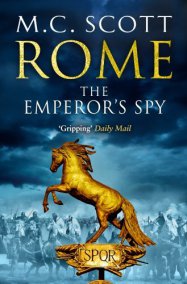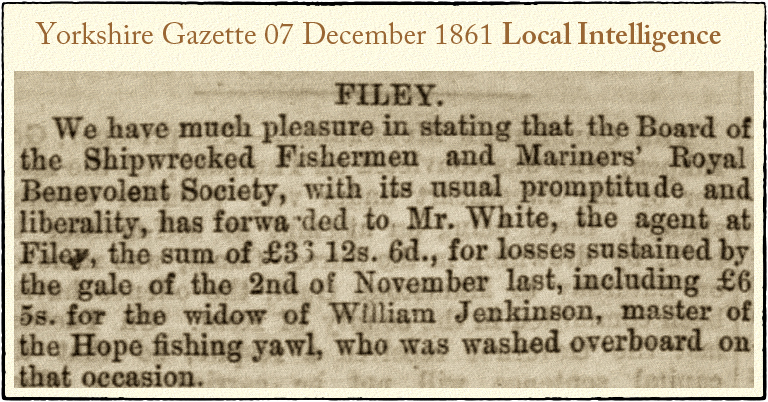

★★★★
The Rome Novels: Book I
Manda Scott; the Emperor Nero; chariot-racing; mystery cults; a love triangle; and an imperial spy fighting against time to prevent disaster: it’s a formidably tempting combination. Needless to say, I’ve been itching to read this ever since I finished the last of the Boudica novels and was finally able to wait no longer. And it thoroughly lived up to expectations, as I tore breathlessly through an audacious, fast-paced story, plotted with an almost Dunnettian dexterity.
However, one thing is worth making clear right from the off. Although one could, in theory, read this as a standalone novel, its full richness and meaning will only become clear if you have already read the Boudica books. From that point of view, the Rome series must be regarded – at least in this opening instalment – as a sequel, rather than an independent story. But it’s a sequel that turns the story in a completely new direction, with new characters and a new mission: taut, daring and extremely well-crafted.
Pantera is named for the Leopard, sleek and silent and lethal. It’s a good name for a man who has been trained up by the greatest spymaster of the Empire. And now the Leopard has come to Gaul, in the summer of 63 AD, just in time for the chariot races which will take place at Coriallum in the presence of the Emperor Nero himself. He has come, broken and embittered, to meet a man he hasn’t seen for years: his former tutor, Seneca, who desires his aid with a troubling problem. A Sibylline prophecy has surfaced, predicting the burning of Rome, the fall of Jerusalem and the rise of the Kingdom of Heaven, but the crucial words are missing. The Emperor will stop at nothing to discover when his cherished city is meant to burn, and to put a stop to it.
But others are also interested in the prophecy. There are whispers of an Apostate – a man who has been travelling in Greece and Syria, preaching a powerful new religion which appropriates the life and deeds of a rebel leader who died three decades before. Many are caught up in the promises of this new faith, which appealingly blends Mithraic, Dionysian and Hebrew beliefs. But Pantera, a soldier’s brat, was a child in Judea and, more importantly, his father was stationed in a particular garden on a particular night. When the elderly Hebrew Shimon arrives in Gaul on a mission of his own, it swiftly becomes apparent that his business lies alongside that of Pantera and Seneca. First they must discover the intended date of the fire. But then, more challenging, they must search a city of tens of thousands in search of those who intend to make prophecy reality.
Precocious nine-year-old Math has other concerns. He works as chariot-boy to the local team, whose horses were bred by his late mother and whose harnesses are made by his crippled father, the leather-worker Caradoc. Now that the Emperor has come to see them race, Math’s greatest dream is to see his team succeed in Nero’s eyes and to be chosen for the ultimate honour: to train under imperial patronage. But the hippodrome is a dangerous place, where a man may die as easily in the chariot-race as at a rival’s hands, and only one team can win the Emperor’s favour. Math passionately believes they can do it – he worships the team’s brilliant new charioteer, Ajax of Athens, and knows that they have the best possible healer in quietly-spoken Hannah. But only the race itself will decide. And yet, even as the excitement builds, Math is drawn into a different, more subtle intrigue. His sharp eyes and tracking abilities have been noticed by an old man, Seneca, who has engaged him to watch at the docks for a particular traveller – a man named Pantera.
There is so much to love here. The two main plots barrel along beside one another, like two chariots fighting for the lead, and there’s hardly a moment to draw breath; yet there’s still time for the characters to develop, and they are typical Scott creations: compassionate, thoughtful, courageous men and women who act with honour, love with generosity and let go with grace. Here are some of the most thrilling set-pieces I’ve read since King Hereafter in the form of the chariot races, and Scott carries us from Gaul to Alexandria to Rome in an exhilarating sweep of the riches and mysteries of the Classical world. And, as spies and fanatics track one another through an unsuspecting world, there’s more than enough to keep you on the edge of your seat.
Yet there are aspects to the plot that make it feel plotted rather than the organic outcome of the characters’ own talents. This paragraph is full of spoilers, so please skip it if you haven’t read the book because – although it won’t give everything away – it will ruin some of the novel’s surprises. If one were inclined to nitpick, there are outstanding questions (perhaps things, I admit, that might be resolved with a closer second reading). How remarkable, for example, that Hannah should be in Gaul in the first place and should have chosen to work with the chariot team! How generous it is of Ajax to devote so much time, blood and energy to making the chariot team succeed if he could just have won Math’s trust at the first and carried him off to his family! How neat that Pantera should have been brought to Mithras by Valerius himself (I was very happy to see Valerius again, if only briefly)! And finally, what an honour for Scott’s cherished characters that the Boudica’s son should end up fathering (even if not biologically) the grandchild of the Galilean! Yes, there are many things which feel terribly coincidental but, on the other hand, it’s precisely these coincidences which lay the groundwork for the dazzling intrigues and adventures of the story and so somehow I found myself accepting them as I wouldn’t have done so easily in a lesser novel.
I described Scott’s writing as ‘Dunnettian’ in my opening paragraph and that’s really the greatest praise I can give to any author. The way she crafts the plot is extremely clever, always dropping hints, leavening scenes with throwaway comments or details that might seem unimportant but suddenly spark into meaning. I love it when writers do this well, because it makes me work as a reader and brings me deeper into the book. It demands engagement rather than passive consumption and it rewards you in spades. At the end, my mind was bristling with the thrill of pieces falling into place. The descriptive quality, too, is extraordinary. Yes, having such a cast of characters come together does seem far-fetched; but Scott tells her tale with such conviction (and includes such a thorough author’s note, with bibliography, at the end) that you not only accept it, you come to believe it.
I’ve been torn over what rating to give it. After some contemplation, I’ve decided on four stars – when I’d first finished, I was tempted to add another half star, but on reflection I think there are just too many neat coincidences that stay niggling at the back of the mind. However, and it’s a big however, there is definitely something extraordinary about this novel, which has engaged me to a degree I haven’t felt for quite a while. Maybe, if I could explain what has gripped me, it would be less extraordinary… But it seems to me that Scott’s talent, here, lies in making falsely familiar things seem strange again.
Buy the book
Share this:





